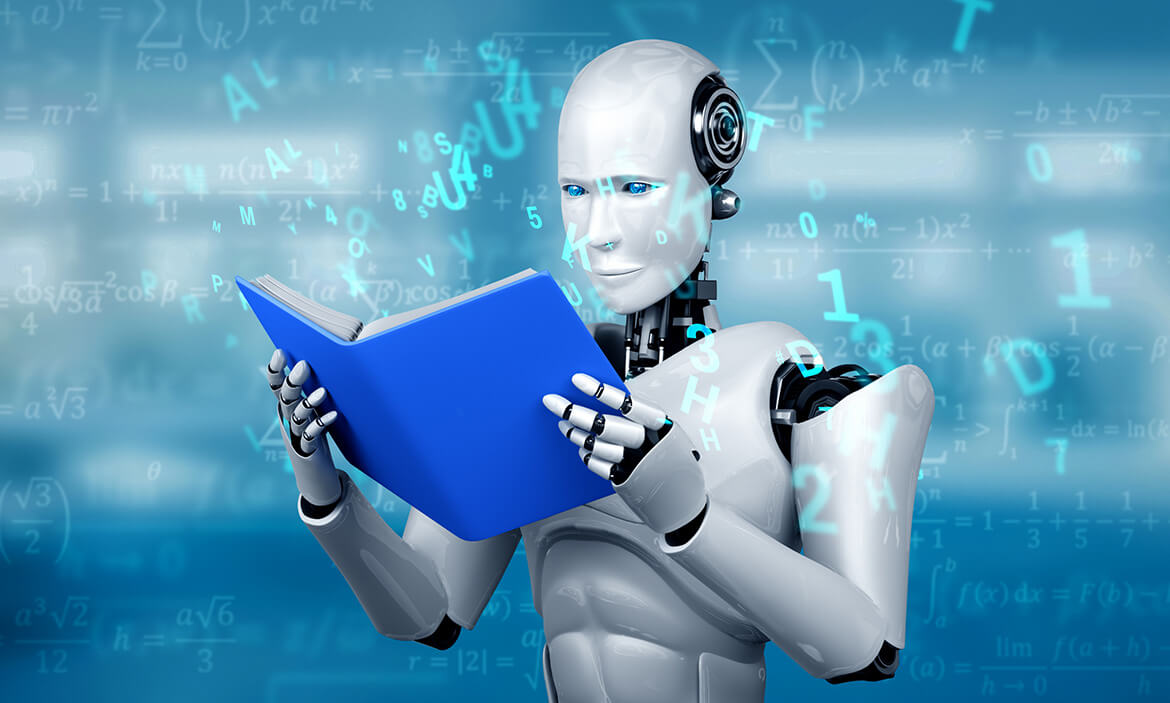Introduction
The rapid advancements in artificial intelligence (AI) have revolutionized various industries, and healthcare is no exception. AI has emerged as a powerful tool, transforming the way healthcare services are delivered and making a significant impact on patient outcomes. From diagnosis to treatment, AI is reshaping every aspect of the healthcare ecosystem, promising better patient care and improved operational efficiency for medical practitioners.
AI in Diagnosis
One of the most profound applications of AI in healthcare is its role in diagnosis. AI-powered systems have demonstrated exceptional accuracy in analyzing medical images and identifying abnormalities. For instance, deep learning algorithms can analyze radiological images, such as X-rays, MRIs, and CT scans, with incredible precision. They can detect early signs of diseases like cancer, fractures, and abnormalities that may not be apparent to the human eye. This not only expedites the diagnostic process but also improves the chances of early intervention and better patient outcomes.

Personalized Treatment Plans
Another significant impact of AI in healthcare is the ability to create personalized treatment plans for patients. By analyzing vast amounts of patient data, including medical history, genetic information, and lifestyle choices, AI can identify patterns and correlations that may influence an individual’s response to specific treatments. With this insight, healthcare providers can develop tailored treatment plans that are more effective and have reduced side effects. Personalized medicine is becoming increasingly prevalent, and AI is at the heart of this transformation.
Virtual Health Assistants
AI-powered virtual health assistants are gaining popularity in the healthcare industry. These virtual assistants, often integrated into healthcare apps or websites, can provide patients with instant access to medical information, answer common health-related queries, and even offer personalized health advice. Virtual assistants can also assist healthcare providers by streamlining administrative tasks, such as appointment scheduling and medical record management. With the ability to handle routine tasks, medical professionals can focus more on patient care and complex medical cases.

Drug Discovery and Development
AI is also playing a crucial role in accelerating drug discovery and development. Traditional drug development processes are time-consuming and expensive, often taking years to bring a new drug to the market. AI-driven algorithms can analyze vast databases of scientific literature, clinical trial data, and genetic information to identify potential drug candidates more efficiently. By predicting drug efficacy and potential side effects, AI helps researchers prioritize drug candidates that are most likely to be successful, leading to faster and more cost-effective drug development.
Challenges and Ethical Considerations
While the impact of AI in healthcare is undoubtedly positive, it also presents some challenges and ethical considerations. One of the primary concerns is data privacy and security. As AI systems rely heavily on patient data, protecting sensitive health information becomes paramount. Healthcare organizations must adopt robust data protection measures to ensure patient confidentiality.
Moreover, the adoption of AI in healthcare requires careful regulation and ethical guidelines. Ensuring transparency and accountability in AI algorithms is crucial to maintaining patient trust. Striking a balance between human judgment and AI-driven decisions is essential, as AI should complement, not replace, healthcare professionals.
Conclusion
The impact of artificial intelligence on modern healthcare is vast and transformative. From improving diagnosis accuracy to personalized treatment plans and drug development, AI is revolutionizing the way healthcare services are delivered. With ongoing advancements and innovations, AI has the potential to unlock even more possibilities in healthcare, ultimately leading to better patient outcomes and a healthier future.










